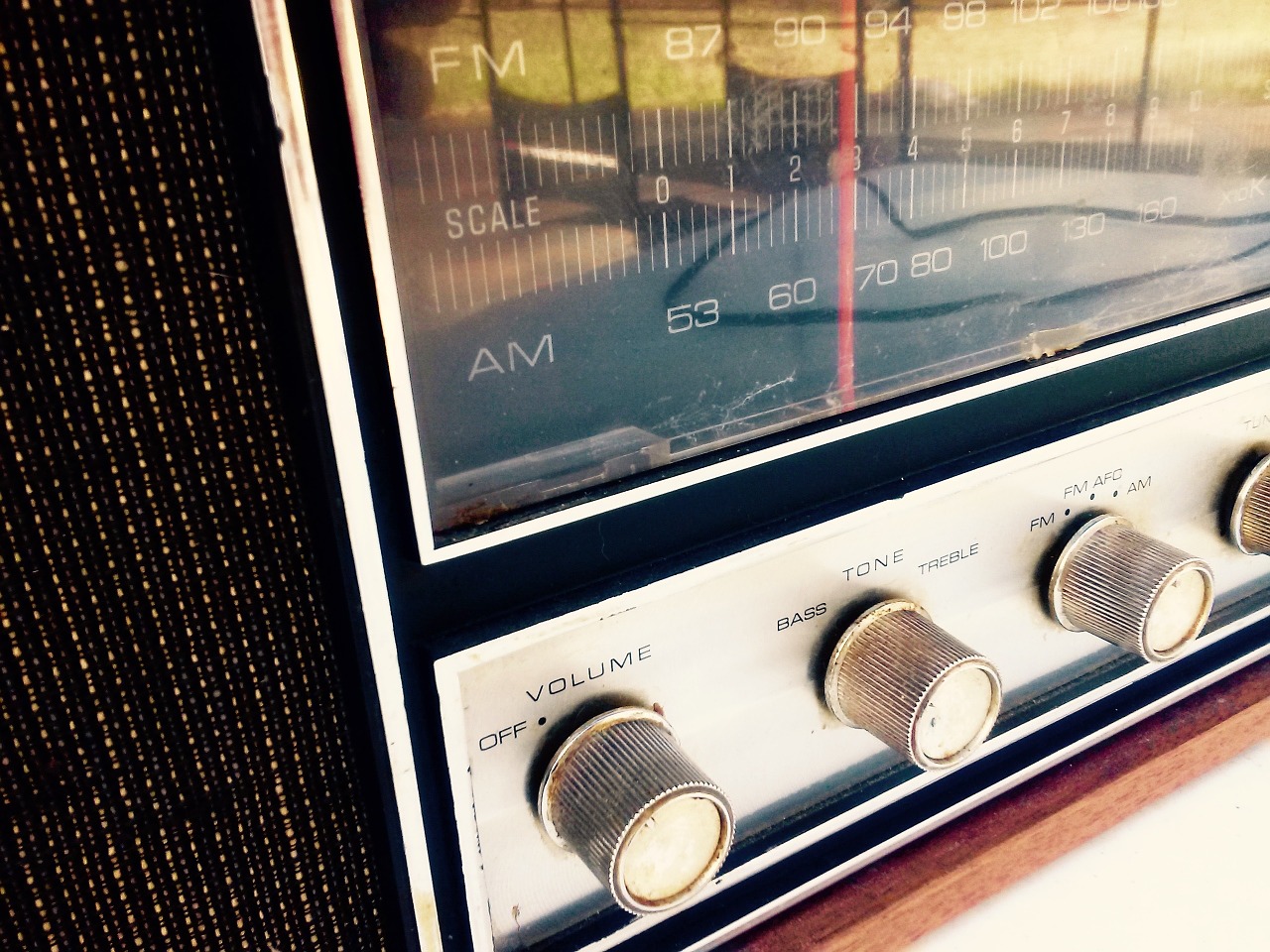By Lauren McGrath
Hearing Health Foundation (HHF) is pleased to begin the New Year with the guidance of Margo Amgott as Interim Chief Executive Officer, succeeding Nadine Dehgan’s dedicated service to the foundation. Margo will lead HHF overseeing operations and working with the Board on a search for a permanent replacement.
“I am excited to work with HHF’s committed Board of Directors and talented staff to foster support for groundbreaking hearing and balance research,” said Margo, who will champion the start of HHF’s seventh decade of advancing scientific knowledge of hearing loss. HHF has funded research leading to the development of cochlear implant technology and biological hearing restoration in mammals. She added that she is “thrilled to be a part of this vibrant organization supporting life-changing discoveries.”
Board Chair Elizabeth Keithley, Ph.D., remarks, “HHF is delighted to partner with Margo as we continue to nurture cutting-edge research. The Board and I are confident she will be an asset during this time of transition overseeing our operations and helping us to identify the next leader for our dynamic organization.”
With 30 years of nonprofit leadership experience, Ms. Amgott’s professional history includes service to academic medical centers, higher education institutions, government agencies, and healthcare and community nonprofits. Earlier in her career, she directed New York City’s Early Intervention Program and also served as Executive Director of the NYU Child Study Center. She holds a masters degree in health policy and management from NYU’s Wagner Graduate School of Public Administration and a BA in anthropology from Barnard College.
Margo also shares a deeply personal connection with HHF. In 2014, she was diagnosed with a mild unexplained hearing loss and tinnitus in her left ear.
“I welcome the opportunity to work with HHF because of its mission to improve the quality of life for nearly 50 million Americans,” Ms. Amgott says. “I am learning professionally―and personally―from the work HHF does every day. The partnership between our remarkable scientists and our generous supporters has made demonstrable progress towards prevention and cure, and like so many others, I look forward to these vital discoveries.”





